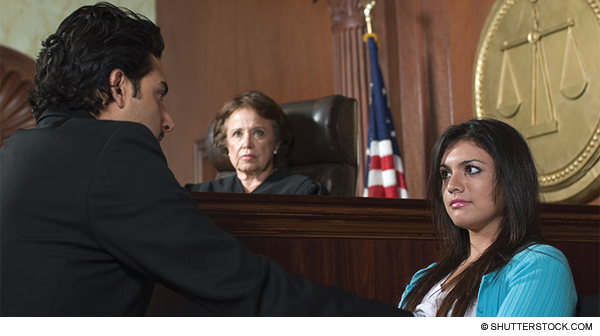
Testimony that goes beyond what is medically certain or reasonable may result in unfair outcomes in individual cases, but more important, such testimony undermines the validity of the gross negligence standard and the clear and convincing burden of proof, thus damaging our ability to achieve meaningful tort reform nationally. All expert witnesses need to be aware of the far-reaching implications of their testimony and must read and comply with the ACEP policy “Expert Witness Guidelines for the Specialty of Emergency Medicine,” available at http://www.acep.org/Clinical—Practice-Management/Expert-Witness-Guidelines-for-the-Specialty-of-Emergency-Medicine.
Explore This Issue
ACEP Now: Vol 33 – No 09 – September 2014Dr. Klauer is director of the Center for Emergency Medical Education and chief medical officer for Emergency Medicine Physicians, Ltd., Canton, Ohio; on the board of directors for Physicians Specialty Limited Risk Retention Group; assistant clinical professor at Michigan State University College of Osteopathic Medicine; and medical editor in chief of ACEP Now.
Dr. Stankus is an emergency physician for Group Health Physicians in Seattle; chair of the ACEP Medical Legal Committee; a former medical malpractice defense attorney; a medical legal consultant; and a member of the editorial board of ACEP Now.
Pages: 1 2 3 | Single Page





2 Responses to “Do We Need a New Standard of Proof in Medical Malpractice Cases?”
September 29, 2014
lbandrewAs the article points out, a higher standard of proof is a partial solution to the problem of marginal and spurious malpractice claims. However, as is also clearly shown, this standard can be completely subverted when “expert witnesses” ignore the standard and mislead juries by misinterpreting it in order to service their clients.
ACEP has crafted excellent expert witness policies and related ethics policies to address the problem of unethical testimony by members. However, the policies are not well publicized, and are largely ignored.
For example, renewal of membership used to carry with it an explicit promise to uphold the ethical standards of the College, including those related to expert witness testimony. Now the renewal document is simply a bill.
We have yet to provide any educational courses or materials for members on what constitutes ethical medical expert testimony. I have taught such courses in other medical specialty societies, who do deem it be important. Our members have told us they would appreciate some guidance, and we know that many do testify.
Although we have excellent procedures in place to pursue unethical experts among our members, and to clarify the actual standard of care, these are rarely utilized. (I am hopeful they may be in the cited case).
But if the problem of unethical experts from within our own ranks were not enough, we in EM are uniquely vulnerable to “experts” from other specialties who believe that they know our standard from what they may remember in an ED rotation in medical school or residency, or from what they glean as consultants to us, or they simply testify convincingly that the standard in their own specialty is the same as in ours.
It is obvious that we could do more to address this problem than simply to rail against it.
Louise B. Andrew MD JD FACEP FIFEM
October 5, 2014
benzonitDrs. Klauer and Stankus:
Thanks for a good lead-in on an important topic.
2 points:
1. Words count. We should use, in medical literature, the medical terms. So “Standard of Care” in medicine means 95%ile, the practices of Doctor’s Doctor; this is the standard-bearer.
The legal term “Standard of Care” means 50%ile, the doctor good enough for most things for most other people but not my family.
Thus, in Medical articles on legal topics, “Routine of Care” is a more precise term.
2. We (ACEP?) need to take control of the professional witness who falsely testifies. we can’t expect the individual EP to do so and the defense attorney, having been paid, has no interest in the issue and may have a conflict of interest in pursuing a perjuring doctor.
I participated recently in a case wherein someone claimed FACEP and ABEM but had neither. They proclaimed from the stand that a trauma arrest in the field had a >80% chance of survival if we’d done our jobs right.
Yes, we won, and in an hour, but this person still got paid (a lot) and is still free to present this garbage. And the judge doesn’t know he’s been lied to.
Thomas Benzoni, DO, AOBEM, FACEP
Des Moines, IA